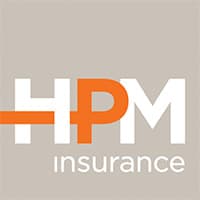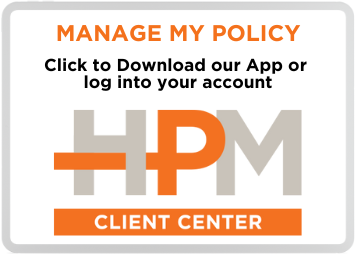Auto insurance policies typically renew every six or twelve months, and their premiums often change during renewal. If you’ve noticed your premiums increasing, here are some common reasons and what you should do about it.
Why Are My Auto Insurance Premiums Higher When Renewing?
The reasons why your auto insurance may increase are multifold. Some of these reasons are individual factors for which you have certain control (or responsibility). Others are industry factors that are affecting everyone right now.
Individual Factors That Cause Auto Insurance Rates to Increase
Insurance companies consider many individual factors when setting auto policy premiums, and changes in any of these can result in premium increases or decreases. So if you’ve seen an increase, it could be due to any of the following:
- At-fault Accident: Being involved in an accident where you, or other listed drivers, are found at fault, places your policy in a higher risk bracket. Your premium won’t increase during the current policy’s period but prepare for an increase when the policy renews.
The increase can impact your premium from three to six years, depending on your insurance company, but the increase could vary. Some policies offer accident forgiveness riders that waive premium increases for one accident; however, that benefit can come with its own surcharge. - Ticket: A “moving violation” traffic offense also increases your risk rating. These are often tickets received while a vehicle is in motion, such as speeding tickets and running lights/stop signs. DUI and reckless driving are some of the most severe violations. Parking tickets aren't a moving violation and usually won’t impact premiums, but driving without a license could. We have also seen possession of alcohol or other illegal substances severely impact premiums regardless of whether the vehicle is moving.
- Young Driver: Young drivers are considered riskier than experienced drivers and thus are assigned higher rates. You should budget for a premium increase when your teenager gets their license. Be sure to tell your insurance agent if your child is on the honor roll or at school more than 100 miles away, as that can provide a significant discount.
- New Vehicle: Getting a new vehicle frequently results in premiums increases. Most people purchase new vehicles that are worth more than their current one, which normally causes comprehensive and collision premium to go up. The costs of repairing high-tech features (including safety, such as cameras and sensors) also result in higher premiums.
There are still many more individual factors that could cause rates to increase. Ask your insurance agent to investigate if you don’t see an obvious explanation why your premium rose.
Insurance Industry Factors Causing Auto Policies to Cost More
Most of the insurance industry is seeing the cost of claims increasing across the board for various reasons, including driving trends impacting the severity and frequency of accidents.
Many people use cellphones and in-vehicle entertainment/navigation features, leading to more distracted-driving accidents. Therefore the number of claims increase due to distracted driving is significant.
More people are also driving faster, perhaps emboldened by perceived increased safety features. This, too, is leading to an increased rate of claims. Some claims are also more expensive than if speed weren’t a factor.
According to the US Department of Transportation, traffic fatalities are at a 16-year high as of 2021, with 42,915 people killed. This is a 10% increase from 2020.
Even if distracted driving and speeding don’t describe your driving habits, so many drivers are doing this that insurance rates across the board are trending up.
If you really feel that this doesn’t apply to you, an insurance policy that tracks your driving might help you maintain lower rates.
Auto Industry Factors Causing Car Insurance to Cost More
Temporary factors affecting many industries are likewise impacting the auto industry. For example, the job market has forced many auto repair centers to raise their labor rates, and supply chain issues have caused many parts to cost more. These two factors affect the cost of repairs.
Additionally, rental car rates have also been impacted by delays in repairs. As a result, the insurer's cost of providing a rental car can be higher for drivers with rental car reimbursement coverage. In addition, if labor or supply chain issues make the repair take longer, insurers will pay rental car rates for longer.
Compare Auto Policy Options With an Agent
As auto insurance rates increase, a quick online quote might not be in your best interest. Instead, reviewing the factors causing rates to increase with an informed, independent insurance agent can help you navigate these issues in the best way. The agent can assess what's making your specific rates go up and compare different policies that might provide better rates without sacrificing protections. Contact us at HPM Insurance today if you'd like to speak with an agent.


